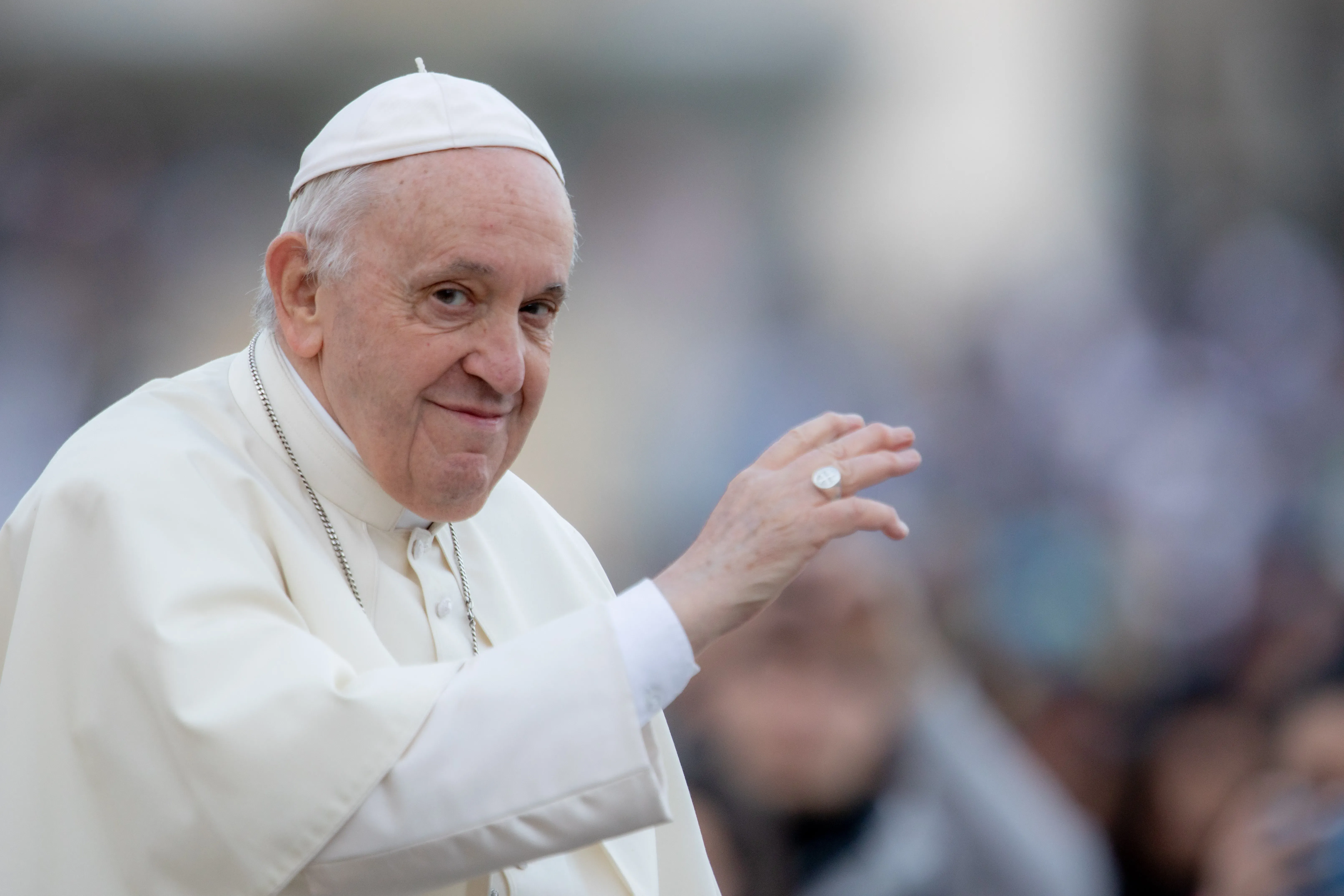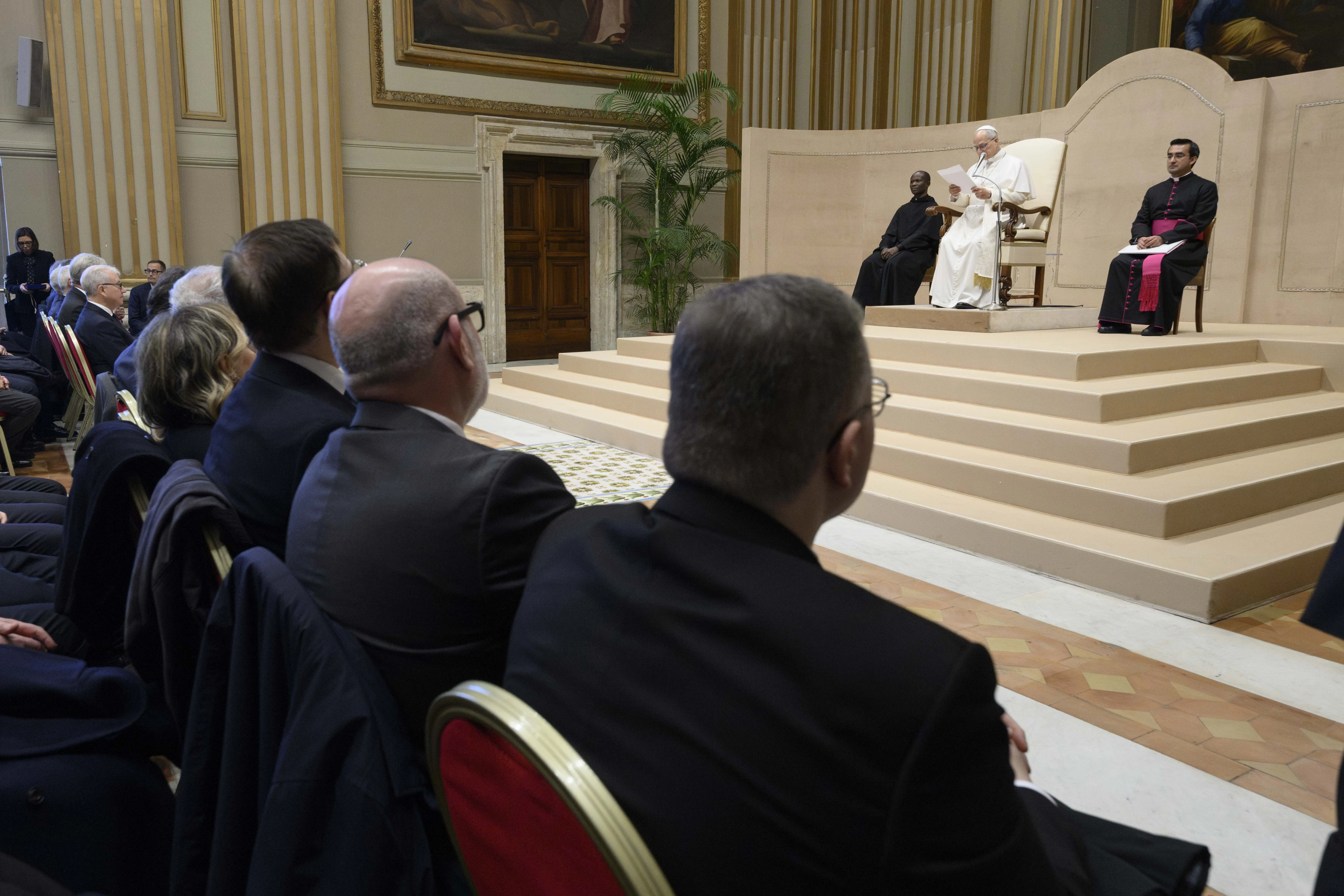In written remarks prepared for the meeting and given to the delegation, the pope encouraged the Catholic university representatives to discern “innovative ways of uniting research with best practices so that teachers can serve the whole person in a process of integral human development.”
“In short, this means forming the head, hands and heart together: preserving and enhancing the link between learning, doing and feeling in the noblest sense. In this way, you will be able to offer not only an excellent academic curriculum, but also a coherent vision of life inspired by the teachings of Christ,” Pope Francis said.
“In this sense, the Church's work of education aims not only ‘at developing the maturity of the human person ... but is especially directed towards ensuring that those who have been baptized become daily more appreciative of the gift of faith which they have received’” (Second Vatican Council's Declaration Gravissimum Educationis, 2).
Through the GRACE project, a long-term partnership has been formed between Boston College in the U.S., the University of Notre Dame in Australia, Mary Immaculate College Limerick in Ireland, Saint Mary's University Twickenham in the U.K. and the International Office of Catholic Education in Rome.
The group organizes webinars and meetings, and supports doctoral students in research projects focused on Catholic education.
The pope opted to speak off the cuff to the group in Italian, apologizing for not speaking in English and noting that he “understood almost everything” that the delegation had said.
“I lived in Ireland, in Dublin, in Milltown Park, to study English. I studied English, but I forgot, excuse me!” he joked.
In his off the cuff remarks, the pope spoke about the relationship between tradition and progress.
He said: “Without roots, no progress can be made. Only with the roots do we become people: not museum statues, like some cold, starched, rigid traditionalists, with the thought that providing for life means living attached to the roots.”
“There is a need for this relationship with the roots, but also to move forward. And this is the true tradition: taking from the past to move forward. Tradition is not static: it is dynamic, aimed at moving forward.”








